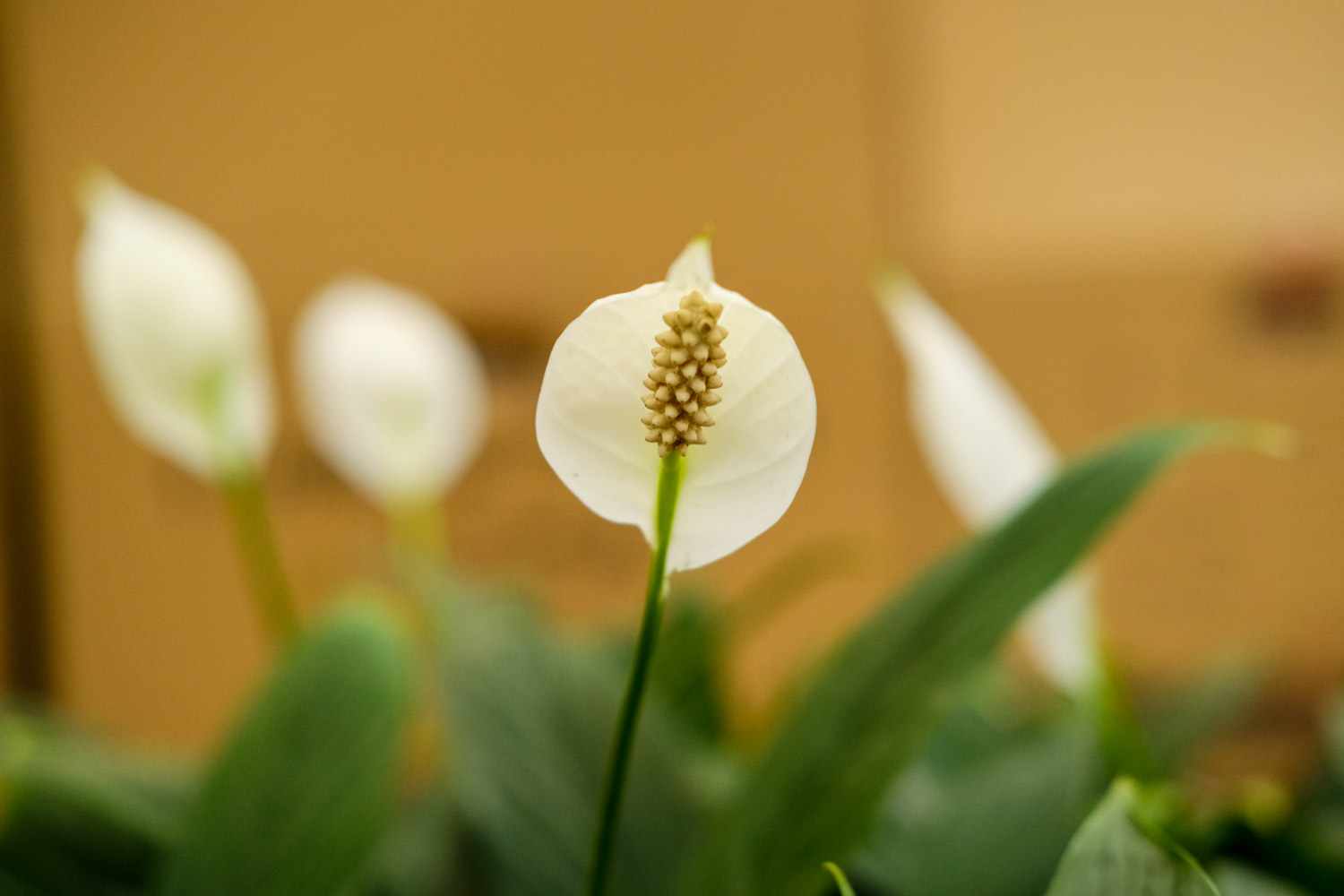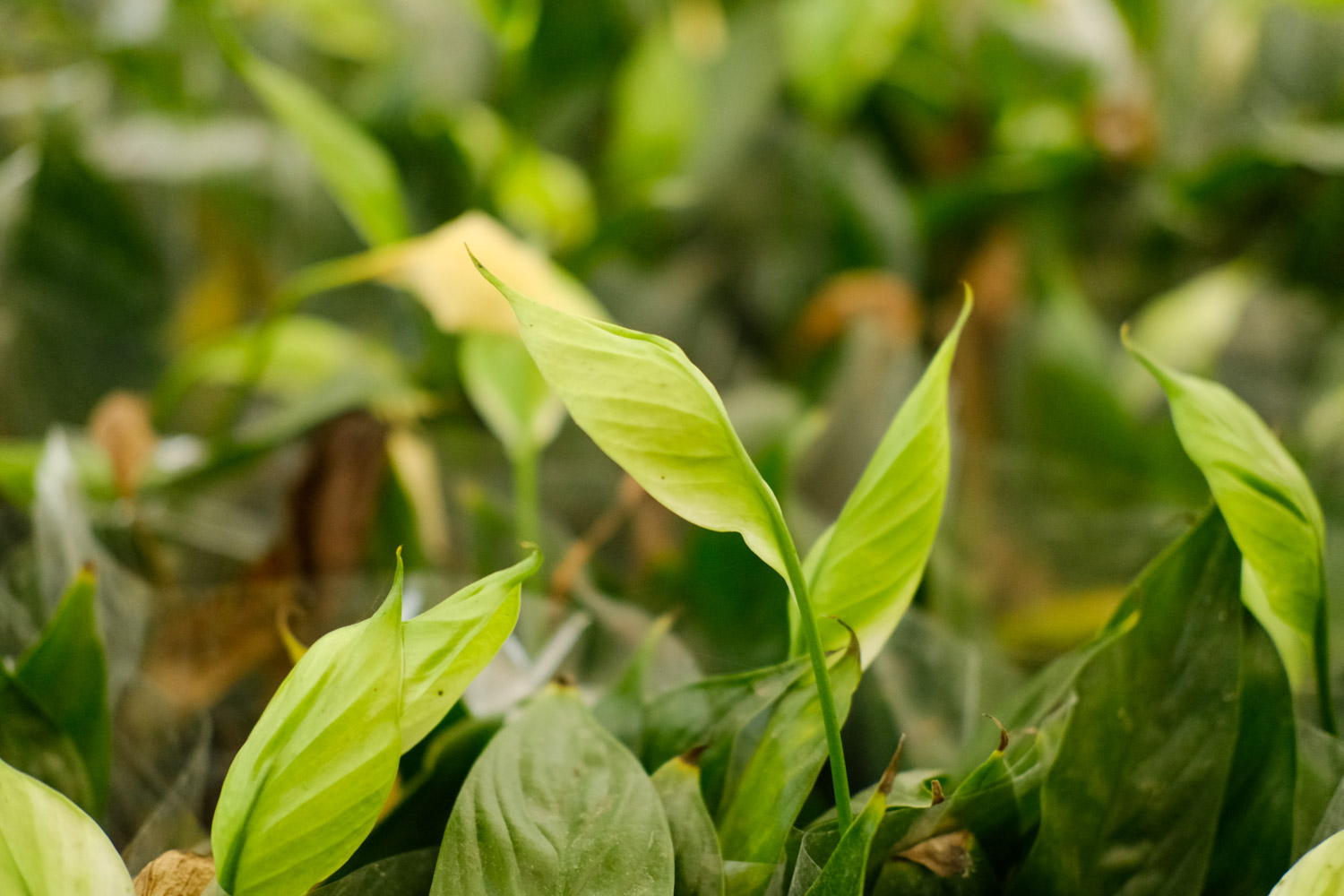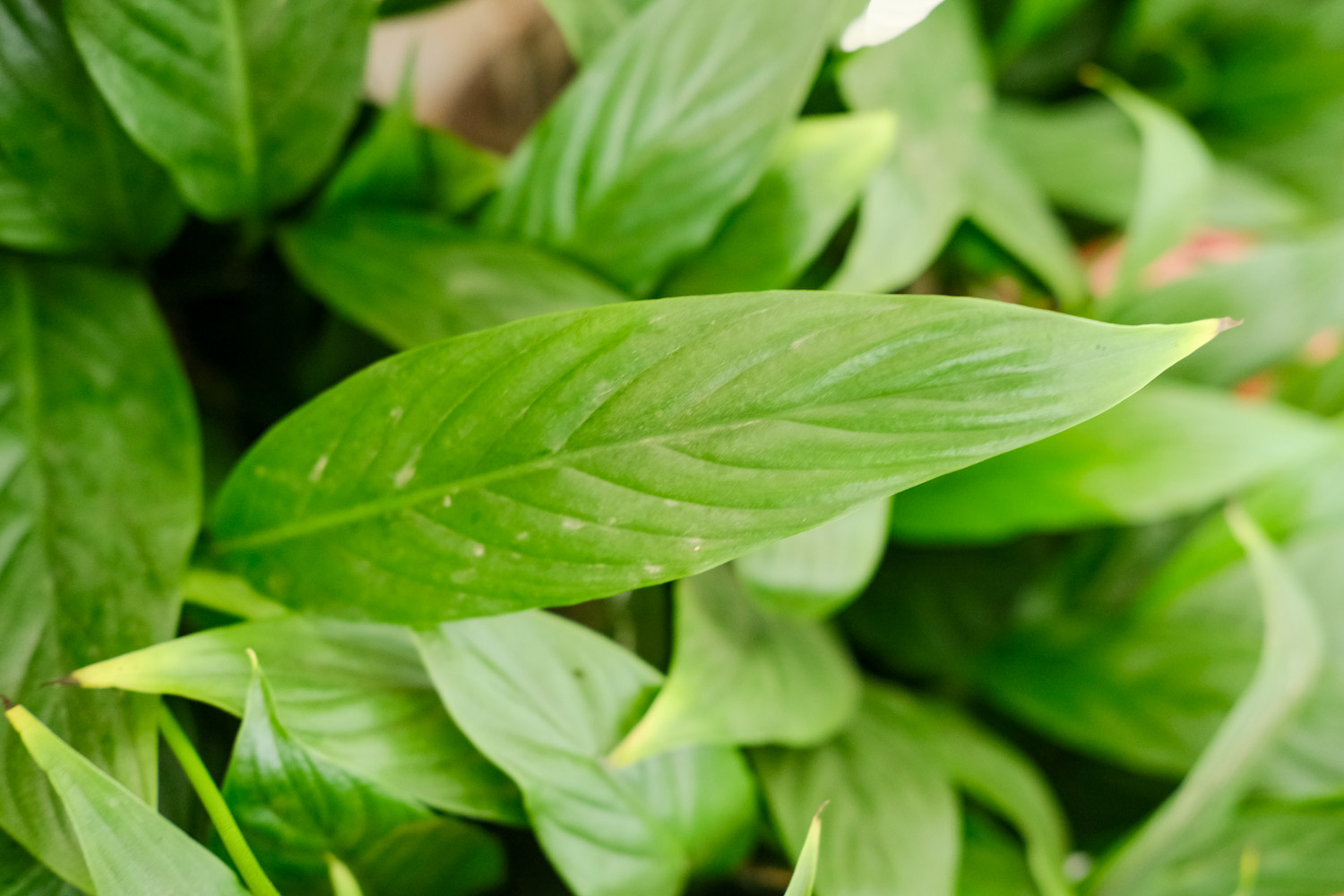1、 Breeding conditions
1. Soil: it likes calcium phosphate soil mixed with rotten leaves and peat soil

2. Light: it is very shade resistant. In daily maintenance, it is recommended to block the sun. If it is exposed to the sun for a long time, it will cause leaf discoloration and sunburn in serious cases, so it is best to give a little scattered light
3, watering: it needs a lot of water. During the curing period, the loam should be kept moist, but not water. If too much water is supplied, it will cause a lot of water in the basin. It will cause root rot and leaf discoloration. When it is dry in summer, it should spray to the plants regularly and take care of the environment. p>
4. Fertilization: plants raised in water certainly do not have sufficient nutrients in loam, so for a long time, an appropriate amount of liquid fertilizer can be added to the water
2、 Breeding method
1. Ramet: the ramet is usually carried out from May to June. Take the plant out of the container and separate it from the root. The four leaves are in a cluster and planted in a position that covers 50% of the sun
2. Seeds: the seeds can be obtained by artificial pollination after the flowers bloom. After the seeds are collected, they need to be sown immediately. If you want them to germinate, the temperature should be controlled at about 30 ℃. They can germinate 10-15 days after sowing. If the temperature is too low, the seeds will rot

3、 Pest control
1. Water cultured white palm is most likely to suffer from leaf spot, root rot, brown spot and other diseases. When these diseases occur, the plant should be moved to a well ventilated place in time, the diseased leaves should be cut off and sprayed with pesticides
2. If scabies and red spiders are found, they should be sprayed with insecticide immediately or the plants and mosquito repellent incense should be burned in breathable containers


 how many times do yo...
how many times do yo... how many planted tre...
how many planted tre... how many pine trees ...
how many pine trees ... how many pecan trees...
how many pecan trees... how many plants comp...
how many plants comp... how many plants can ...
how many plants can ... how many plants and ...
how many plants and ... how many pepper plan...
how many pepper plan...



























